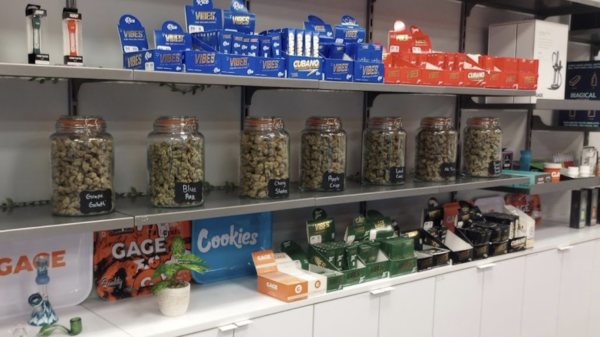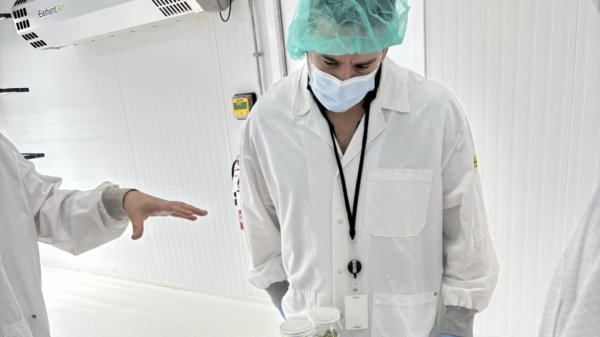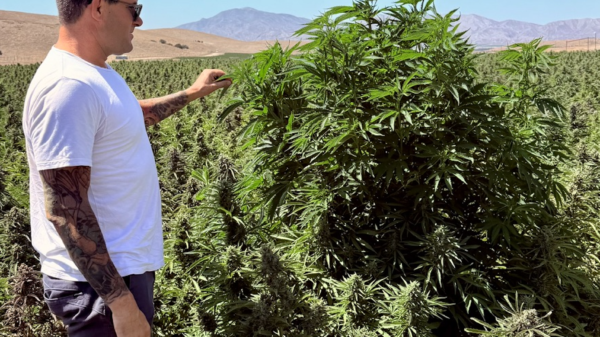In 2018, a historic Farm Bill was passed, legalizing all hemp products containing less than 0.3% THC across the U.S. This led to explosive growth in the industry, with CBD product sales generating roughly 5.3 billion dollars in 2021.
However, the hemp industry is largely unregulated, and a recent study found that the majority of products on the market contain illegal amounts of THC higher than the maximum of 0.3%. Now, the multi-billion dollar industry faces a looming threat.
The U.S. House Committee on Agriculture recently completed its markup of the bill and passed the proposed legislation on May 24, 2024. Whether the amendment passes the House and Senate remains yet to be seen.
Key features of the amendment
Some key features of the proposed amendment include:
- Federally ban all ingestible hemp products containing ANY level of THC, even if non-intoxicating.
- Restricting the definition of legal hemp to “naturally occurring, naturally derived, and non-intoxicating cannabinoids.”
- Restrictions on THC-infused drinks and edibles containing cannabinoids such as delta-8 and THCA.
Read more: Schedule I to III: The cannabis industry’s path to legalization
Read more: Historic cannabis rescheduling imminent in the U.S., multiple sources say
Reasons for the amendment
The restrictions on hemp were added by Rep. Mary Miller, who intended the amendment to address issues like allowing drug-infused THC products like delta-8 to be packaged looking like candy and sold indiscriminately with no age restrictions. Concerned that teenagers and children are exposed to harmful drugs, many in the House Committee are with her on this matter.
Delta-8 is a close cousin of delta-9 THC, otherwise known as marijuana. While it is about three to four times less potent than delta-9, it still can have intoxicating effects, especially for the young and those sensitive to the drug.
In addition, hemp products like CBD oil and supplements are not regulated by the FDA. This is because it is considered a drug and not a food. The lack of regulation has resulted in many manufacturers producing products that are above the legal 0.3% THC levels, and hence, illegal.
This is why third-party lab testing is crucial for the industry moving forward, which is the testing of each product for purity, potency, and efficacy by an independent, objective laboratory.
What does the Farm Bill amendment mean for the cannabis industry?
The Farm Bill amendment would effectively wipe out 90% to 95% of hemp products currently on the market. Production of these products would cease. This would jeopardize the livelihoods of farmers, cannabis entrepreneurs, and indigenous communities that rely on hemp production for economic sustainability.
In addition, the amendment will effectively eliminate the production and use of THCA (tetrahydrocannabinolic acid), the non-psychoactive precursor to THC. This could cause shockwaves in the fiber and grain market. Not only is THCA known to have many benefits such as anti-inflammatory, anti-microbial, and neuroprotective properties, but it is also used widely in the grain and fiber industries.
Hemp plants with high levels of THCA have strong, durable fibers. This make them suitable for numerous industrial applications such as textiles, upholstery, construction materials, and paper. In addition, hemp is also heavily used in grain production.













